Last Updated on December 25, 2023 by Amanda P. Brown
Naturally, the Persian cats are adorable with long hair, chubby cheeks, silky coat, and snub noses. They have a doll face with several eye colors like copper, green, and blue, which attract the people. Again, they are also perfect jumpers with their solid legs.
Due to their affectionate breed, nowadays, people like to foster this cat. As a Persian cat owner, you have many things to consider about caring for Persian cats. Food habits are one of them. People prefer to make the best homemade food for Persian cats.
The Nature and Habits of the Persian Cat
Table of Contents
Persians are one of the most contact and family breeds. They love children, even those who are too active and persistent. They become attached to their owner once and for life. They always worry about the owner, treat him as necessary and protect him from “enemies”. For a happy life, a Persian needs a sufficient amount of love, affection, attention, and tenderness. If the owner is nearby, they can easily endure even long and difficult trips.
Well, if a person of a Persian cat is away or absent for other reasons, then she may not even touch food and water but simply wait for her owner.
Female cats are torn between their human friends and their new kittens during pregnancy and nursing. That’s why it’s so important to pay extra attention to the young Persian Cats.
For a cat mom and her children, it is necessary to create comfortable and safe conditions and not forget to stroke, praise and cherish in every possible way.
Diet for Persians
Persian owners who have the time and desire to cook food for their pets on their own can feed indoor cats with ordinary food. This diet plan is more intensive than the older one because you have to track each calorie, nutrient, and other vitals on this plan.
A standard Persian cat’s diet daily composition consists of:
- Vegetables – up to 30%
- Meat – half of the diet
- Cereals – 10-20%
Dietary meat, such as veal, chicken breast, or rabbit, is recommended for cat food. You also need to include offal in the diet: veal or chicken liver (raw or boiled), cow’s stomach, which is rich in nutrients. Persian cats can eat fish, but they should only get it once every two weeks.
Persian cats’ vegetables should be neutral: carrots, zucchini, cauliflower, and pumpkin. Cereals will help diversify the diet and fill it with useful microelements; you can also introduce low-fat fermented milk products.
Why Should You Feed Homemade Food to Your Persian Cat?
Before I suggest you some Best Homemade Food for Persian Cats, I would like to mention some reasons why you should feed homemade food to your Persian cat.
Here are some benefits of serving homemade food to your Persian cat-
- For preventing gastric or acidity, homemade cat food are best to feed them. It is more digestive than other outer food items.
- To control the diet chart of your Persian cats, you can make homemade food for them. By feeding home food, you can have full control over their diet plans.
- To give them proper nutrition, you can feed them natural homemade foods. Natural homemade foods keep them healthy and also offer innumerable health benefits.
- Persian cats naturally playful and like to stay active all the time. Homemade food increases energy and also helps to gain weight.
- Homemade cat food are safe than other outer food.
- You can save money by giving them homemade food. Many common foods are usually found easily at home, and you can serve them without costing any single penny.
What is the Right Way to Feed the Persians?
Most Persians are picky eater. But when deciding how to feed Persian cat food at home, their owners should remember that the digestive system of these cats is delicate and has its own physiological characteristics. There are two basic rules that the owners of Persian cats must strictly follow.
They cannot be Feed:
- Mixing natural and industrial Feed
- Mixing feed from different manufacturers
If you feed the Persian with wet canned and dry food, then the interval between “drying” and canned food should not be less than 10 hours, and the percentage of wet food should not exceed the daily 25% of the volume eaten.
Best Homemade Food for Persian Cats
Now it’s time to discuss some homemade food for Persian Cats. As your Persian cat is picky eater and she needs the proper amount of water, fatty acid, protein, minerals, amino acids, and vitamins, you need to focus on food nutrition and make a balanced diet for her. Keeping that in mind, you have to choose an appropriate cat food for your Persian cat.
Here I recommend some healthy food for your Persian cat-
1. Pumpkin

If your Persian cat is a feline patient, you should give them Pumpkin as a remedy. Pumpkin helps to improve the digestive system and immune system, making it the best cat food to provide. It contains high fiber, vitamin A, E, and C, low calories, zinc, etc. it also enhances your cats’ skin and prevents anal sac problems and diarrhea.
Moreover, Pumpkin is beneficial for your Persian cats to reduce hairballs. Just take a plain Pumpkin and remove the seeds from it. Now cut the Pumpkin into bite-size pieces so that Persian Kitty can also able to eat this. You can steam or roast it to feed your Persian cat. If your cat has diabetic issues, avoid adding sugar while serving Pumpkin.
2. Meat
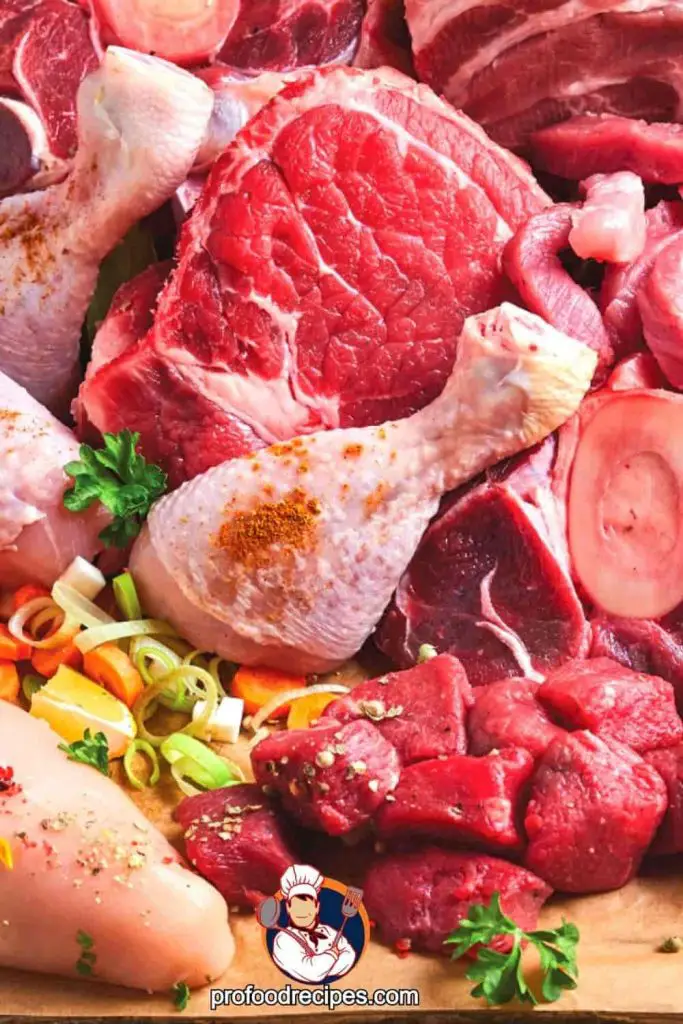
Cats are carnivores, which is the reason they are always craving meats. Some cats cannot stay without meat in their regular life. Besides, raw meat is the best cat food for them to make up for the lacking of protein. It contains a high source of protein. You can provide lamb, chicken, beef, duck, pigs, horses, wild moose, birds, and raw fish meat to your Persian cats.
Also, meat has amino L- carnitine that helps to improve the muscles of your cats while they are burning their fat inside of their body. For the damaged skin, you can feed fish meats like salmon or tuna to your Persian cat. It is also beneficial for heart failure and blindness in cats.
In another way, lamb or goat meat is good wet cat food for your Persian cats because this meat creates no allergic issues in their body. Some of us build a small firms and raise animals for their livelihood, and animals in those firms die most often.
Again, many moose and deer are also found dead on the roads. You can pick them as a portion of food for your Persian cats. In another way, you can buy organic fresh meat from the stall and feed them.
You can store meat for them within a container in the fridge. Besides, you can give animal organs like testicles, liver, spleen, kidney, brain, thymus, and pancreas to your cats as well. Animal organs and bones are the best food for your Persian cats. However, it is better to feed them raw bones instead of cooked bones. Again, Chicken broth that makes from chicken meat is also a suitable choice to treat your Persian cat.
3. Corn
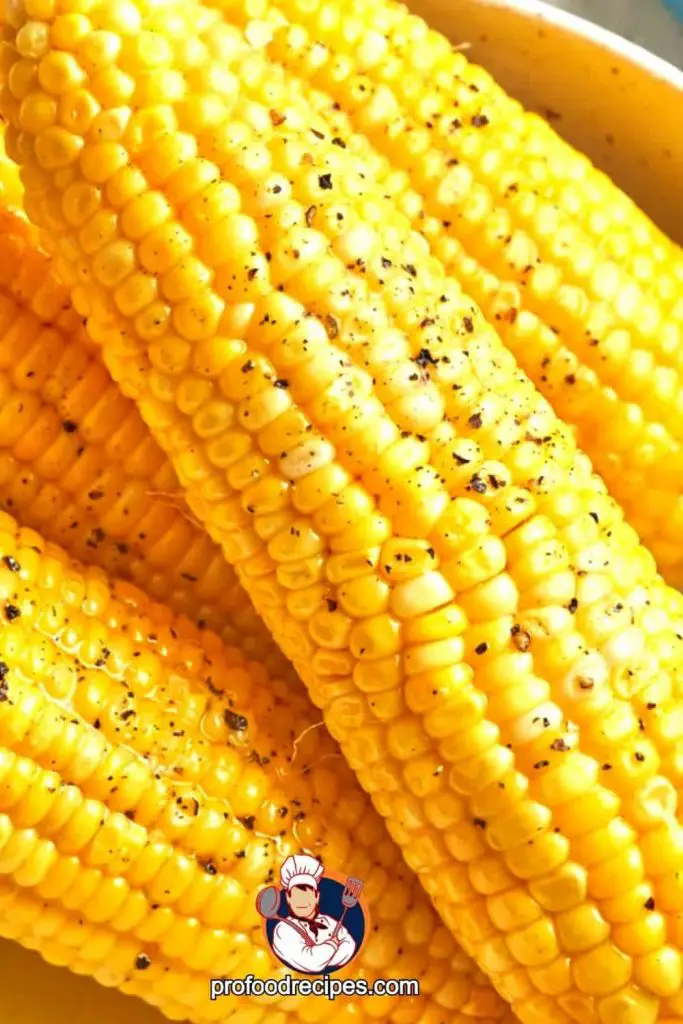
Corn is another natural cat food that you can add to your Persian cat’s diet chat. Corn contains a lot of fibers, energy, vitamin, protein, minerals, and fatty acids.
Feeding corn to your Persian cats helps to improve their muscles, increase energy in their body, and hold to manage a balanced diet. First, you have to remove corn from the cob, boil it, or grill it to feed them corn. You can feed them raw corn as well.
4. White Rice
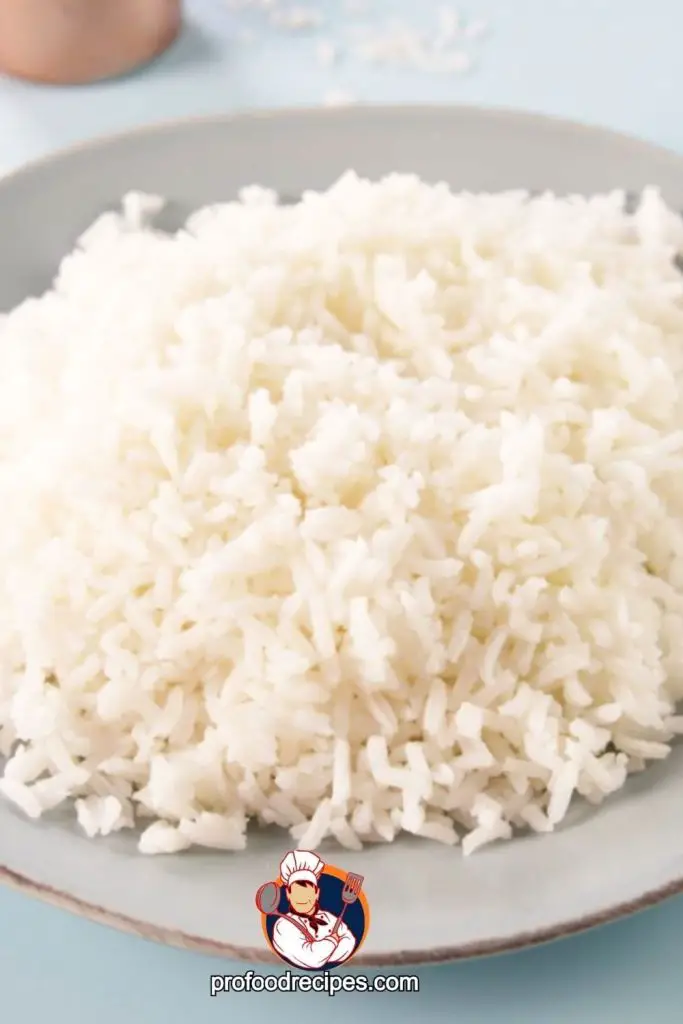
People often get confused and used ask- can cats eat white rice? Yes, this human food is safe for the cats’ bodies as well. If your Persian cat has digestive issues, then white rice is the best choice for them.
White rice has fiber, vitamins, antioxidants, and minerals, which help them keep in good health. White rice is also easy to digest yet. Besides white rice, brown rice also can be given to your cat as an occasional treat.
5. Sweet Potatoes

Baked, mashed, boiled, or steamed, sweet potatoes are always healthy cat food. Sweet potato contains vitamin A, B5, B1, B3, B2, B6, and C, protein, calories, fiber, and manganese.
But keep remembering one thing, overeating sweet potatoes can cause diarrhea or other digestive problems as well.
Some Toxic Food That You Shouldn’t Feed Your Persian Cat
1. Chocolates
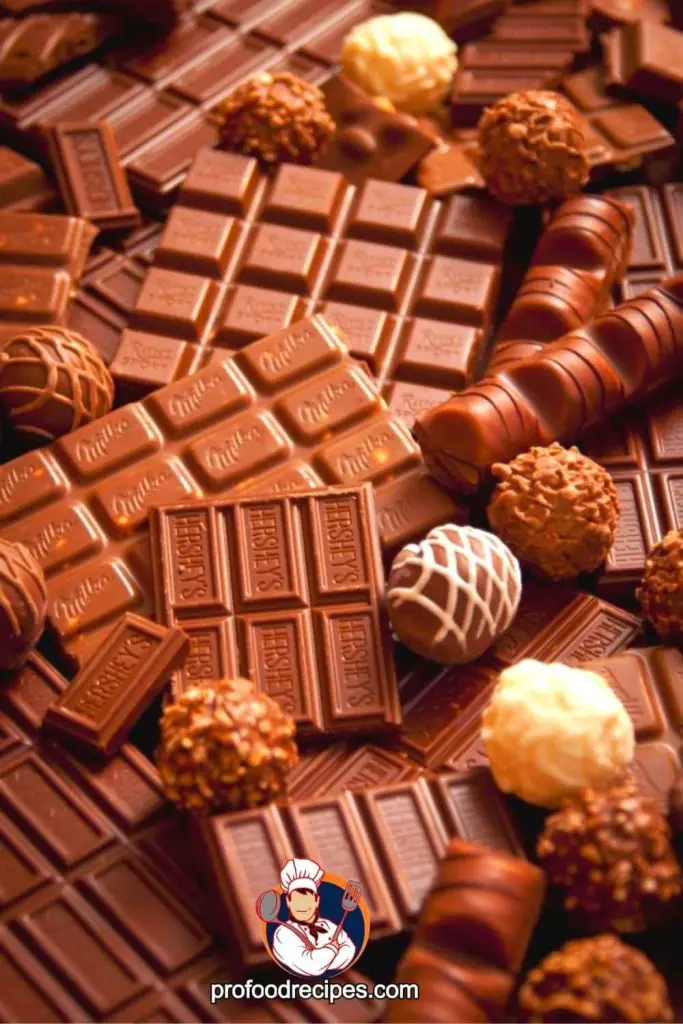
Chocolates are not only bad for dogs but also bad for your cats. It contains caffeine that is worse for your cat’s body. It can impact on cat behavious such as restlessness, and coma. Baking chocolate or darker chocolate is more dangerous than normal chocolates. Also, feeding chocolate causes diarrhea, increased thirst, , coma, vomiting, increased urination, muscle tremors, increased heart rate, etc.
2. Onions and Garlic
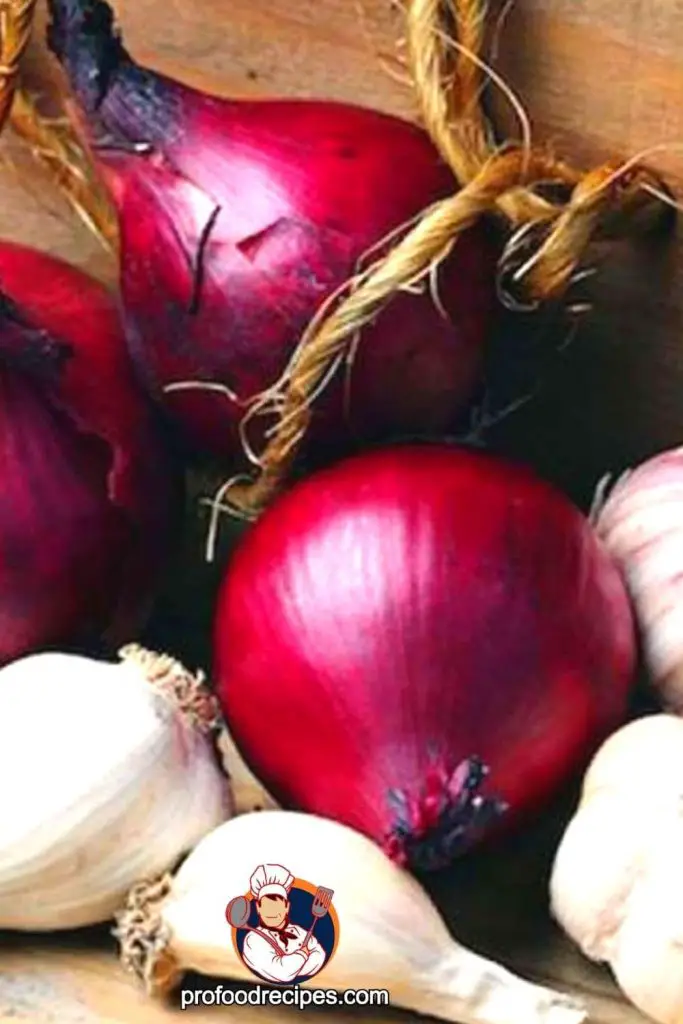
Onions are enough to destroy the red blood cells of your cat’s body. Onion also causes anemia. Again, garlic cause an upset stomach.
3. Raw Eggs
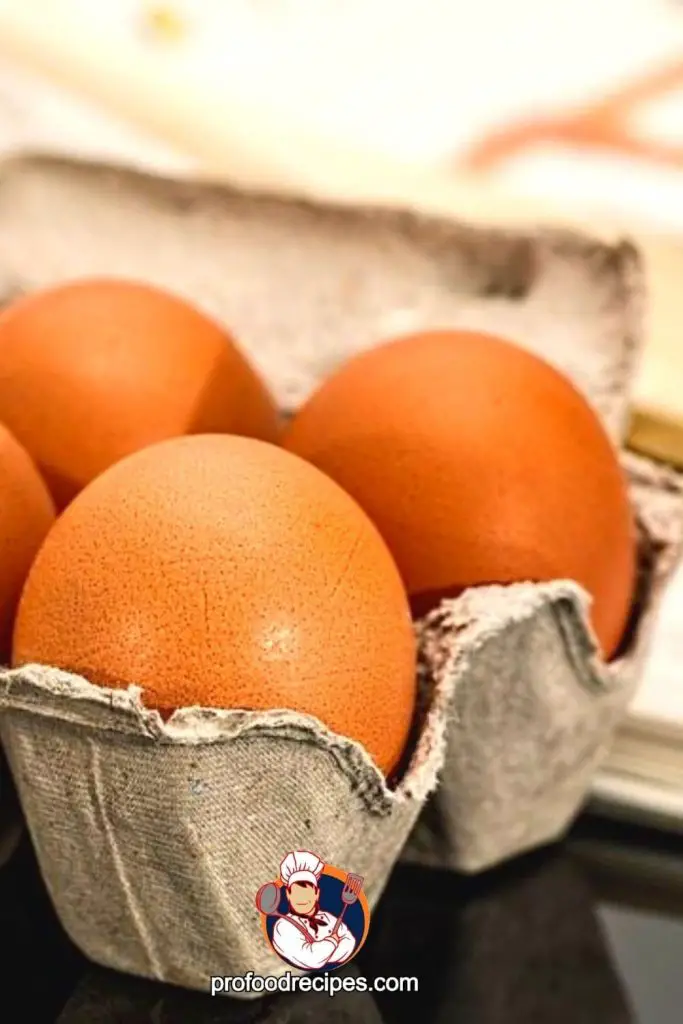
Another poisonous food for your Persian cat is raw eggs. Feeding raw eggs causes skin problems, lethargy, coat problems, vomiting, and diarrhea.
4. Dairy Products and Milk
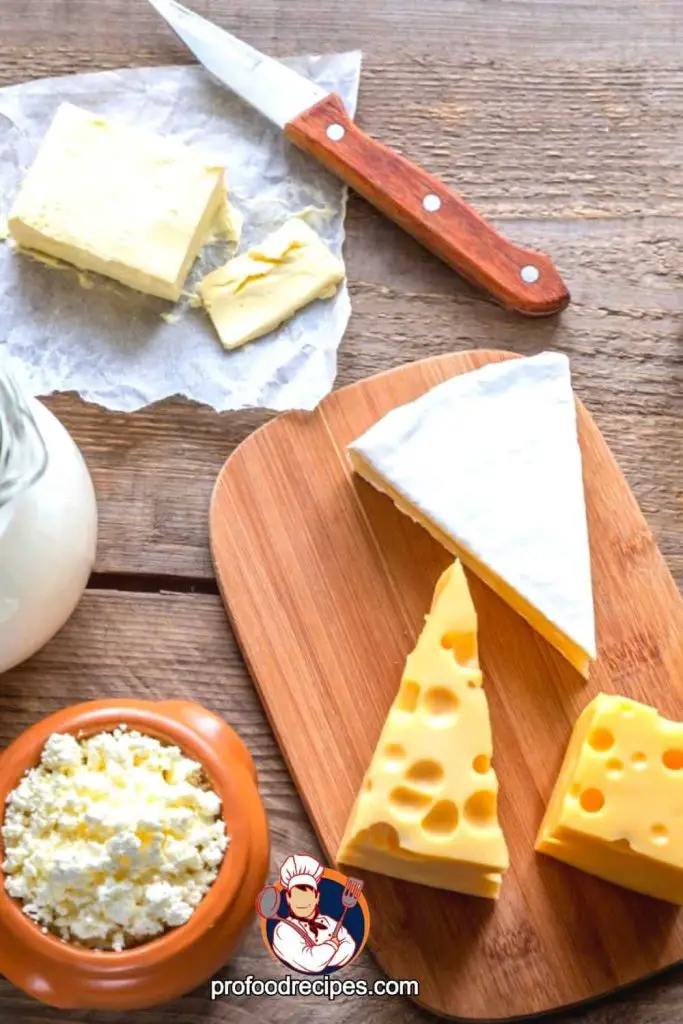
Giving dairy products or milk to your Persian cat is not a good choice. Cats cannot digest lactose in milk. And this is the reason why milk can cause stomach problems or digestive issues for both your Persian kitten and Persian adult cat.
5. Alcohol
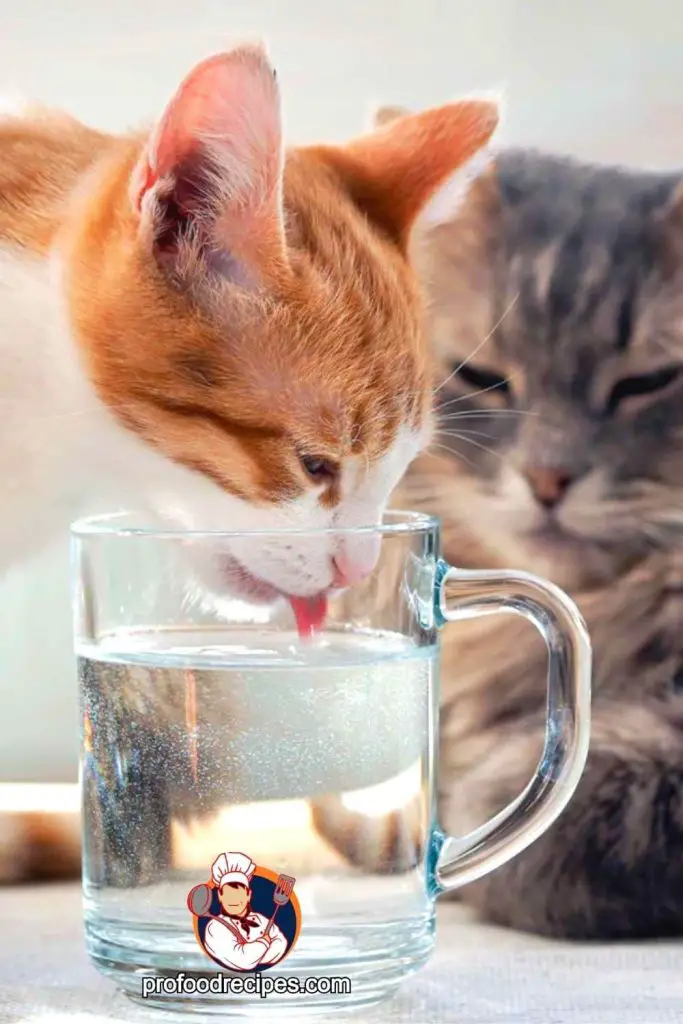
Alcohol is not a part of pet food. Alcohol even causes death. It creates many effects in the cat’s body like a muscle relaxant, labored breathing, drowsiness, slow heart rate, loss of coordination, decrease blood sugar levels, damage liver and kidney. Besides, alcohol also creates acidic blood in your cat’s body.
Can Cats Eat Salad Greens?
Yes, they can. Salad is an organic item that you can serve to your Persian cat.
Here I have shared a salad recipe for cats. I hope your cat will surely love to eat this green salad.
Ingredients
- 1/8 cup fish or chicken stock
- 1/4 cup zucchini, grated
- 1/8 teaspoon minced catnip
- 1/2 cup alfalfa sprouts, grated
Process
Mix the ingredients alfalfa sprouts, chicken or fish stock, and zucchini well into a medium bowl. Sprinkle some minced catnip over it and serve them.
Note: You can store this food in the refrigerator for about 3- days.
Can a Persian Cat Eat Bread?
You can treats a Persian cat with one slice of white bread. Bread can be a part of your Persian cat food list as well as their feline diet. Though bread has fewer calories, I recommend you not to feed excess bread or baked bread to your cat.
Because it may cause stomach problems to your cat, therefore, you can feed them a limited slice of bread. Again, if your cat has diabetes, consult with the veterinarian before feeding the bread.
Can a Persian Cat Eat an Egg?
Yes, they can eat eggs. But it will be best if you cook the egg before you feed them. Eggs contain amino acids, protein, vitamin A, D, and B12, thiamine, riboflavin, iron, and lysine, which helps make their good health. Feeding cooked eggs support them to remain lean and muscular.
You should only serve them cooked eggs. Raw eggs are not recommended for their body because they can damage your cats’ skin.
FAQs
What is Persian Cat Favorite Food?
Persian cats, like their wild ancestors, love to eat meat. Experts advise feeding Persians a diet high in whole meat, fish, and organs, which is more in keeping with the feline natural diet. In addition, Persian cats need a diet high in nutritious fats, proteins, carbohydrates, minerals, and vitamins to maintain their luxurious coats.
Why Persian Cats Drink a Lot of Water?
In general, felines are not particularly thirsty. However, hyperthyroidism, kidney illness, and diabetes mellitus can all cause excessively high water consumption in felines. Ensure your cat gets enough water every day to prevent this from happening. Daily water intake for cats should be around 4 ounces per 5 pounds of lean body weight.
Can Persian Cats Eat Cucumber?
YES. Cucumbers can be fed to Persian cats without worry. Offer them a slice of a seedless cucumber and observe how they react. If you feed your cat cucumbers, look for any allergies or gastrointestinal distress signs.
Can Persian Cats Eat Ice Cream?
NO. Ice cream is bad for cats for the same reasons it’s bad for humans. Cats don’t have the enzyme necessary to digest lactose, the sugar present in milk and other dairy products. In addition to being unhealthy for your Persian cat, ice cream’s high sugar and fat content is bad for their digestive system.
Can Persian Cats Eat Butter?
Feeding your cat butter or other greasy foods is not recommended. It’s high in fat and lactose, which is another reason to stay away from it. In addition, Persian cats have a predisposition towards obesity, and the high-fat content in butter can contribute to weight growth and potentially lead to obesity.
How Can I Make My Persian Cat Healthy?
With the provision of a balanced diet. Feeding your cat high cat food appropriate for their age, size, and any dietary restrictions is important. Along with this, your Persian cat will thrive if you give her plenty of fresh water, wash her teeth and fur frequently, take her for walks every day, and keep her active.
How Many Times Do Persian Cats Eat?
Daily 2 meals. Most cats thrive on twice-daily feeding from six months till adulthood. Senior cats over seven should follow the same diet. It’s essential to see your vet for precise food suggestions because cats have various preferences and dietary needs.
Can Persian Cats Eat Biscuits?
Persian cats can only safely consume cat-specific biscuits. Give your Persian cat biscuits as a snack. For a 4kg cat that needs 135-180 calories daily, 32-55g of dry food is recommended. Avoid giving cats human biscuits, which may include salt, sugar, or other toxic substances.
Can Persian Cats Eat Bananas?
No. The high sugar content of bananas is the only reason you shouldn’t feed them to your Persian cat. Feeding your Persian cat a diet high in sugar can develop diabetes and gain excess weight.
Can I Give Yogurt to My Persian Cat?
You can give your cat around one teaspoon of yogurt to test if they like it, provided it is secure and contains no harmful components. But offering your cat any more than this is not a good idea, as doing so could result in stomach problems and diarrhea.
Can I Feed Fish to My Persian Cat?
Fish that has been properly cooked (either boiled, grilled, or baked) and contains no spices or garlic is okay for your cats to eat. Compared to white fish like flounder or hake, the beneficial fats in oily fish like tuna and sardines provide your cat with more nutritional benefits.
What Fruits Can Persian Cats Eat?
In modest quantities, fruits are healthy for your Persian cat to eat. Listed below are some fruits that are perfectly fine for Persian cats to eat:
· Seedless watermelon
· Apples
· Strawberry
· Blueberry
Can Persian Cat Eat Roti?
No, Persian cats should not eat roti. Their diet should primarily consist of high-quality cat food that is specifically formulated for their nutritional needs. Roti is not suitable for cats and may cause digestive issues or nutritional imbalances. It is always best to consult with a veterinarian for specific dietary recommendations for your Persian cat.
Final Verdict
Persian cats are the most favorite pet all over the world for their overload cuteness and tribe. Persian cat shows their love with a slow blink. That sweet texture compelled you to bring this at home as a pet. Some people called the Persian cat a purring machine for its impressive behavior. While you are alone at home, they can be the best partner to spend your time with.
However, while raising Persian cats, you need to be cautious about their eating habits also. In addition to feeding your cat commercial cat food, you should also give it homemade food. Here, I advised the best homemade food for Persian cats on the above. I hope it may be beneficial to your chubby Persian cats.

Hey.. I have a semi persian 1.5 year old female cat. She only eats boiled chicken and chicken flavored dry food. She doesn’t even like cat treats. Some times I give her boiled fish too and she loves it.
My question is how can I shift her to this diet plan. I loved it and it will be great for her but its impossible to feed her something rather than chicken or dry food. I don’t want to give her dry food anymore. Please let me know if you can help.
Thank you.
Thank you, KHIZRA KHALID, for your appreciation.
I’ll suggest you to gradually switch your Persian cat from dry to wet food diet. Give her some time to adapt to the new diet and get used to wet food. But before you start giving her wet cat food, I suggest you read the following 3-articles regarding wet and dry cat food. You’ll get every related question’s answered there.
https://profoodrecipes.com/wet-cat-food-question-and-answer/
https://profoodrecipes.com/dry-cat-food/
https://profoodrecipes.com/dry-vs-wet-cat-food-pros-and-cons/